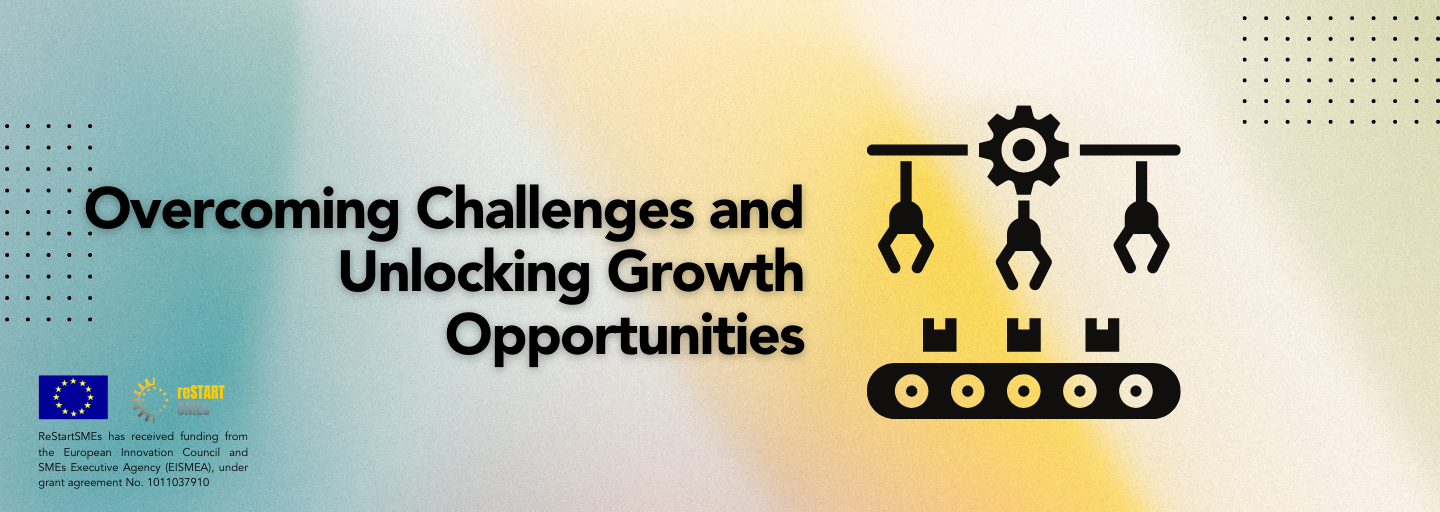The digitalization of manufacturing SMEs in Romania has become an important trend in recent years. As more and more companies realize the importance of embracing digital technologies, smaller businesses are also looking for ways to stay competitive in a rapidly changing business landscape.
There are several factors that influence the digitalization of manufacturing SMEs in Romania. One of the primary factors is access to technology and infrastructure. Many SMEs in Romania may not have access to the latest digital technologies, which can limit their ability to innovate and compete with larger companies. Additionally, the cost of implementing new technology can be prohibitive for smaller businesses with limited budgets.
However, it is important to note that the Romanian government has been investing in digital infrastructure to improve the country’s economic competitiveness. The government has launched several initiatives aimed at supporting the development of digital skills and improving access to digital technologies for SMEs.
Another factor that influences digitalization is the level of digital literacy within the organization. SMEs in Romania may not have the same level of knowledge and expertise in digital technologies as larger companies, which can make it difficult for them to implement new systems and processes. Training and education programs can help SMEs build the necessary skills and knowledge to embrace digitalization.
Furthermore, SMEs in Romania may face cultural barriers to digitalization. Many smaller businesses may not see the value in investing in new technologies, or they may be resistant to change. However, as more companies in Romania adopt digital technologies and see the benefits, it is likely that attitudes towards digitalization will change.
Despite these challenges, there are many advantages to digitalization for manufacturing SMEs in Romania. One of the most significant benefits is increased efficiency and productivity. Digital technologies can help SMEs streamline their manufacturing processes, automate repetitive tasks, and reduce the time it takes to complete tasks. This can lead to significant cost savings and increased profitability.
Digitalization can also improve the quality of products and services. By using digital technologies to monitor and analyze production processes, SMEs can identify areas for improvement and make changes to optimize quality. This can lead to increased customer satisfaction and loyalty, which can help SMEs grow their business and increase revenue.
Another advantage of digitalization is improved supply chain management. Digital technologies can help SMEs track inventory levels, monitor supplier performance, and optimize logistics. This can help SMEs reduce waste, minimize stockouts, and improve delivery times, which can lead to increased customer satisfaction and loyalty.
Finally, digitalization can help SMEs stay competitive in an increasingly technology-driven business landscape. By embracing digital technologies, SMEs can differentiate themselves from competitors and offer unique products and services. This can help SMEs attract new customers and increase market share.
In conclusion, the digitalization of manufacturing SMEs in Romania is an important trend that can have significant benefits for businesses. While there are challenges to overcome, including access to technology and digital literacy, SMEs that embrace digitalization can improve efficiency, quality, supply chain management, and competitiveness. As digital technologies continue to evolve, it is likely that more SMEs in Romania will adopt these tools to drive growth and success. The government can continue to play a critical role in supporting the adoption of digital technologies by providing training programs, improving access to infrastructure, and promoting the benefits of digitalization to SMEs. By doing so, Romania can position itself as a leader in the digital economy and create new opportunities for businesses and workers alike.
Manufacturing SMEs of Romania have a great chance to take the first step to their digitalization process by attending events organised by European projects as ReStartSMEs. The closest one is Hack4reSTART Bucharest that takes place on 24th of May 2023. Businesses can participate online or on-site. The registration link can be found here: https://bit.ly/3NuMnrR.

